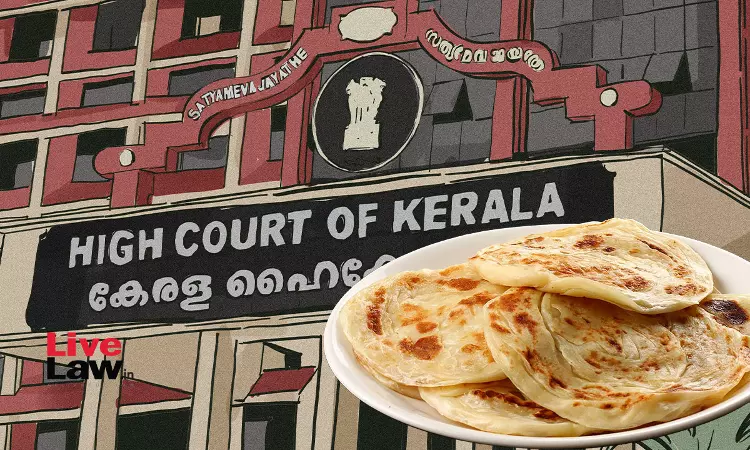Malabar 'Parota' Is Akin To 'Bread', Exigible To 5% GST: Kerala High Court
Mariya Paliwala
17 April 2024 10:16 AM IST

Next Story
17 April 2024 10:16 AM IST
The Kerala High Court has held that Malabar 'Parota' is akin to 'bread' and is exigible at the rate of 5% GST and not 18% GST.The bench of Justice Dinesh Kumar Singh has observed that Malabar 'Parota' and Whole Wheat Malabar Parota are exigible at the rate of 5% GST and not 18% as held by the Advance Ruling Authority and Advance Ruling Appellate Authority.The petitioner is in the business...
